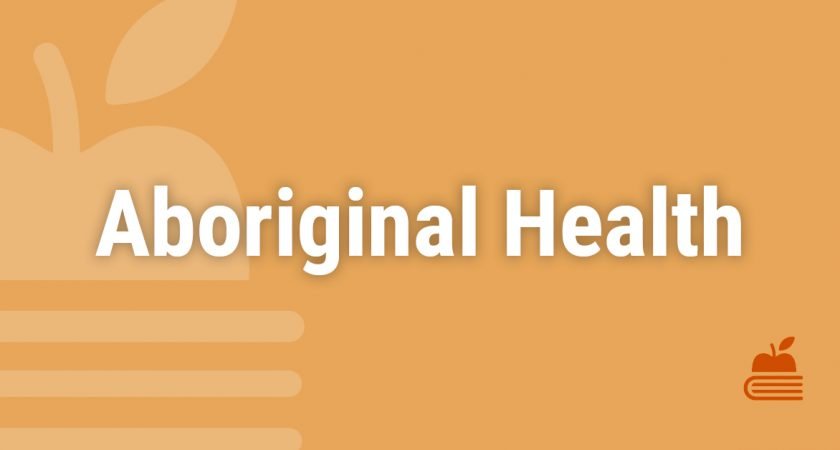Read week
Hi Everyone!
Are you in touch with your spirituality? Do you know your cultural origins? Have you taken time recently to appreciate the variety of culture all around you?
This week is about Aboriginal health.
I had the privilege of doing my extended skills term in an Aboriginal Medical Service. As part of this 6 months, I learned an enormous amount about the history of the Aboriginal culture, the impact of what is called “settlement”, and the way in which culture is kept alive today. I also learned a lot about the health gaps in this population with overall poorer outcomes in terms of dental care, heart disease, lifestyle disease and addiction. It really helped me understand why aggressive public health initiatives are in place to help address these issues.
Generally speaking, Aboriginal people have a unique understanding of traditional western medicine. This can cause issues in regards to adherence to treatment regimes and prevention behaviours. Aboriginal health workers provide a valuable bridge for this gap of understanding and can help the doctor-patient relationship to be much more beneficial.
An Aboriginal and Torres Strait Islander Health Assessment is a well-enumerated item number that adds great value to identify potential areas of future concern. When this is completed, it is important for the practitioner to take a thorough history of birth, development, health conditions, allergies, family history as well as a history of any current issues. Always remember to ask about sexual health, hearing, vision and dental health. A thorough physical examination should be completed, and appropriate referrals to dental services, hearing tests and allied health should be performed.
Look after yourself and remember to show respect for those of different backgrounds!
Dr Andrew Harris
Director of Amadeus Education.
Did you know?
According to BEACH data, 1.5% of all encounters in General Practice were with patients who identified as Aboriginal and/or Torres Strait Islander. Consider this as you are preparing for your exams. (Source: General practice activity in Australia: 2015-16. https://bit.ly/2c4d8Em)
Common conditions:
These are the common conditions that should be reviewed for this topic:
Topics | Important Resources |
Lifestyle preventable disease – smoking, alcohol, drugs of addiction, obesity, poor dental hygiene, poor nutrition |
|
Common acute conditions – Acute rheumatic fever, otitis media |
|
Common chronic conditions – Asthma, Type 2 Diabetes, COPD, Cancer, Hepatitis B, mental illness |
|
Indigenous men |
|
Antenatal care |
|
Closing the gap |
|
Culture |
|
Aboriginal Health Workers |
|
Medication doses:
These are the medications and doses that should be learned for the exam:
Condition | Medication |
Acute rheumatic fever |
|
Mnemonics:
These are some important mnemonics relevant to this topic:
- Jones criteria (acute rheumatic fever diagnosis)
CHECKS:
Here are the list of recommended Checks that would be useful in your study for GP exams (accessed via subscription from http://gplearning.racgp.org.au):
- Vulnerable populations, October 2017
- ATSI health, August 2011
Focus on clinical skills:
Here is a brief focus on some OSCE preparation topics related to this topic:
- Discussing chronic disease with Aboriginal or Torres Strait Islander patient.
Copyright © 2021 Andrew Harris

